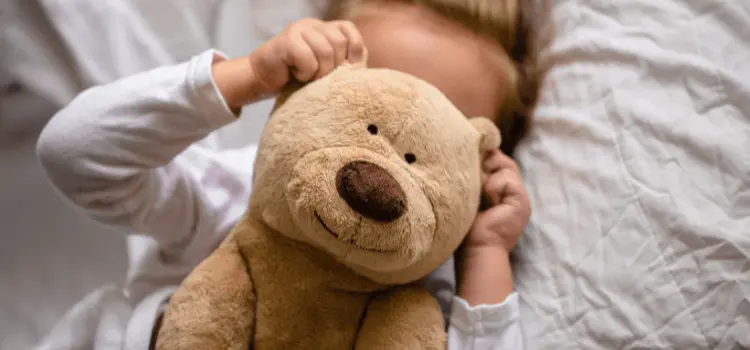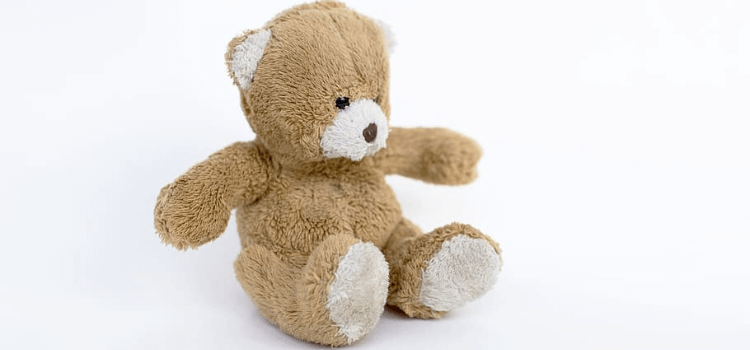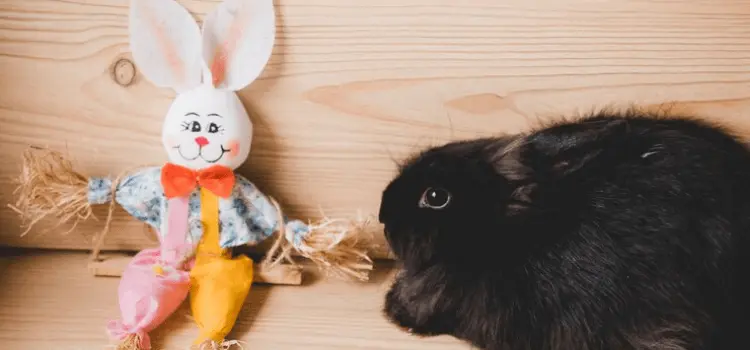Introduction
Stuffed animals have been cherished companions of children for generations. These soft and cuddly toys often hold a special place in our hearts, providing comfort and companionship during our early years. But have you ever wondered if stuffed animals have feelings? In this article, we will delve into the topic and explore the emotional connection between children and their beloved stuffed animals.
Stuffed animals do not have actual feelings. They are inanimate objects designed for comfort and companionship. While children may develop emotional connections with their stuffed animals, it is important to understand that the toys themselves do not possess emotions.
The Emotional Connection with Stuffed Animals
From a young age, children form deep emotional connections with their stuffed animals. These plush companions become sources of comfort, security, and affection. Children often develop strong bonds with their favorite stuffed animals, treating them as confidants and trusted friends. But what is it about these inanimate objects that elicit such strong emotions?
The Psychology of Children and Stuffed Animals
Research in child psychology suggests that stuffed animals play a crucial role in a child’s emotional development. These toys serve as transitional objects, helping children navigate the challenges of growing up. Transitional objects, like stuffed animals, provide a sense of familiarity and continuity in the face of change. They offer comfort and security, especially during times of stress or separation.
Stuffed Animals as Comfort Objects
Stuffed animals act as comfort objects, providing solace and reassurance to children. Their soft texture and familiar scent can be soothing, creating a sense of calmness and emotional stability. Many children turn to their stuffed animals when they are scared, sad, or anxious, finding comfort in their presence. These toys become sources of emotional support, helping children cope with difficult emotions.
Anthropomorphism and Stuffed Animals
One reason children develop such strong attachments to their stuffed animals is the tendency to anthropomorphize them. Anthropomorphism is the attribution of human characteristics to non-human entities. Children often assign personalities, emotions, and even voices to their stuffed animals, treating them as if they were alive. This anthropomorphic view enhances the emotional connection and fosters imaginative play.
Imaginative Play and Emotional Expression
Stuffed animals become active participants in a child’s imaginative play. Through role-playing and storytelling, children can express and explore their emotions in a safe and imaginative way. Stuffed animals act as non-judgmental listeners and playmates, allowing children to freely express their thoughts and feelings. This creative outlet promotes emotional development and helps children make sense of their experiences.
Stuffed Animals as Confidants
Children often confide in their stuffed animals, sharing their secrets, fears, and dreams. Stuffed animals provide a sense of security and trust, allowing children to open up without fear of judgment or rejection. This emotional bond encourages self-expression and helps children develop their communication skills. It also fosters empathy and compassion, as children learn to care for their stuffed animals’ well-being.
Coping with Emotions through Stuffed Animals
Stuffed animals serve as valuable tools for emotional regulation. Children can project their emotions onto their plush companions, using them as a means of coping and self-soothing. When faced with challenging situations or overwhelming emotions, children often seek comfort in hugging, talking to, or cuddling their stuffed animals. These actions provide a sense of control and reassurance, helping children manage their feelings effectively.
The Importance of Stuffed Animals in Childhood Development
The presence of stuffed animals in a child’s life has far-reaching benefits. They encourage imaginative play, emotional expression, and social development. Stuffed animals promote empathy, nurture creativity, and provide a safe space for emotional exploration. These toys offer comfort during times of distress and serve as companions during moments of solitude. In essence, stuffed animals play a vital role in a child’s overall development.
Can Stuffed Animals Feel Our Emotions?
While stuffed animals do not possess physical or emotional consciousness, they can symbolize the emotions we project onto them. Children’s strong emotional connection with their stuffed animals creates a sense of reciprocity. When a child cares for and loves their stuffed animal, they perceive a response, as if the toy can feel their emotions. In this way, stuffed animals become vessels for emotional exchange, fostering a sense of connection and empathy.
Conclusion
Stuffed animals hold a special place in the hearts of children worldwide. Their soft and comforting presence provides emotional support, fosters imaginative play, and helps children navigate the complexities of growing up. While stuffed animals themselves do not have feelings, they become powerful symbols of comfort, companionship, and emotional connection. The importance of these cherished toys in childhood development cannot be overstated.
Frequently Asked Questions (FAQs):
Can you have an emotional attachment to a stuffed animal?
Yes, many people form emotional attachments to their stuffed animals. These toys can hold sentimental value and provide comfort and companionship.
Why do I treat stuffed animals like they have feelings?
Treating stuffed animals as if they have feelings is a form of anthropomorphism, where we attribute human-like qualities to non-human objects. It is a natural way for us to project emotions and form a deeper connection with our cherished toys.
Is it OK to cuddle a stuffed animal?
Absolutely! Cuddling a stuffed animal can be comforting and soothing. Many people find it relaxing and use it as a way to de-stress or find emotional support.
What is the psychology of stuffed animals in adults?
Stuffed animals can have psychological benefits for adults as well. They can serve as nostalgic reminders of childhood, provide comfort during difficult times, and even help reduce anxiety or loneliness in certain individuals.
Can stuffed animals help with the emotional well-being of adults?
Yes, stuffed animals can be helpful in promoting emotional well-being in adults. They can act as comforting objects, provide a sense of security, and offer a non-judgmental source of emotional support.







